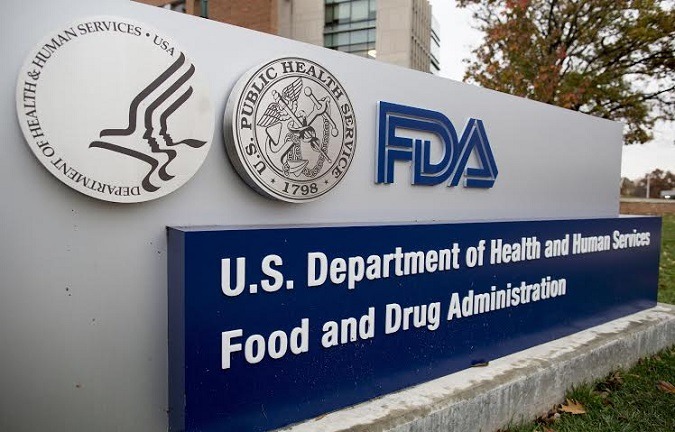First, do no harm? Six reasons to approach anti-amyloid drug Aduhelm cautiously, if at all
 6 ways the FDA’s approval of Aduhelm does more harm than good (STAT News):
6 ways the FDA’s approval of Aduhelm does more harm than good (STAT News):
Like many people, I was shocked when the Food and Drug Administration ignored the advice of its neurological drugs advisory panel and broadly approved Biogen’s new drug, Aduhelm, even for populations never included in the clinical trials to assess the drug.
I am not a casual bystander to this controversial decision. I am a physician who has been treating people with Alzheimer’s since 1982; an early researcher into the biology of amyloid, the brain protein that Aduhelm targets; someone with a strong personal family history of dementia … As I formulate my responses to my own patients, here are six recurring themes:
- Pull of desperation
- Elbowing aside existing treatments
- Amyloid reduction alone is no help
- An uninterpretable trial
- Trials and labeling disconnect
- Cost and equity issues
Bottom line. The FDA’s approval of Aduhelm raises more questions and creates more problems than a new drug approval should. It’s time for governmental, professional, and advocacy entities to step in where Biogen and the FDA have failed and explain to patients, caregivers, and clinicians how this drug is not the “new day” in the fight against Alzheimer’s disease and needs to be approached cautiously, if at all. Read full article HERE, over at STAT.
News in Context:
- FDA Grants Accelerated Approval for Alzheimer’s Drug (press release)
- Growing backlash against the FDA approval of unproven Alzheimer’s treatment Aduhelm, by Biogen
- Three members of the FDA advisory committee have already resigned in protest. Here’s their reasoning: Joel Perlmutter, David Knopman and Aaron Kesselheim.
- What does a clear majority of the biopharma industry think of the FDA approval of aducanumab? ‘Horrifying’ ‘Dangerous’ ‘Confusing’ ‘Disaster’
- ‘Simply unacceptable’: Alzheimer’s Association blasts Biogen over the price of its new medicine
- Study challenges the “seductive” amyloid hypothesis of Alzheimer’s disease (AD)
- Cognitive training, diet, exercise, and vascular management seen to improve cognition even in people with genetic predisposition for dementia (APOE e4)
- Report: 35% of worldwide dementia cases could be prevented by modifying these 9 modifiable risk factors


